Trump vows to stop wars and pledges ‘golden age’ of American prosperity
- Update Time : Thursday, November 7, 2024
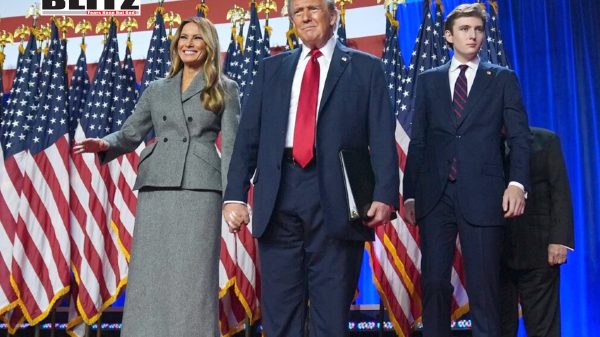
In a confident address following his successful campaign for the US presidency, Donald Trump declared his intention to avoid new conflicts, instead promoting a vision of American strength that he argues will deter adversaries and prevent wars. As the 45th president and now the projected 47th US president-elect, Trump celebrated his apparent electoral victory by reiterating his stance on peace and military restraint, emphasizing that he believes in a robust military that ideally remains unused.
Addressing his supporters, Trump spoke on domestic reforms as well as his approach to foreign policy. Reflecting on his previous administration, Trump claimed, “Four years we had no wars, except we defeated ISIS, we defeated ISIS in record time,” referring to the multinational coalition’s efforts to eliminate the territorial presence of the Islamic State (IS, formerly ISIS) in Syria and Iraq. His approach, he argued, demonstrated that US strength could be applied selectively and strategically without entangling the nation in long-term conflicts.
Trump expressed confidence that his stance on defense and peace resonates with a majority of Americans, highlighting that his administration’s strategic use of power had previously secured the US against major new conflicts. “They said he will start a war. I’m not going to start a war. I’m going to stop wars,” he affirmed, seeking to position himself as a peace candidate who, unlike some past administrations, would prioritize diplomacy and strategic deterrence.
Perhaps most notably, Trump has repeatedly asserted that he could bring an end to the Russia-Ukraine conflict within “24 hours” of taking office. While the claim is ambitious, Trump has hinted at a negotiation strategy that would press both Moscow and Kyiv to make concessions, thereby halting the ongoing bloodshed. Critics have questioned the viability of Trump’s promised resolution, noting the complexities of the conflict and the deep-rooted historical grievances between Russia and Ukraine. However, Trump’s supporters believe his negotiating acumen and his unconventional diplomatic style might offer an approach that current Western leaders have not attempted.
Despite these claims, Trump has not shared details of his proposed peace plan. The situation, marked by a protracted military struggle and conflicting territorial claims, suggests that any solution would require balancing a multitude of competing interests. Trump’s confidence in his negotiation skills reflects his belief that neither Moscow nor Kyiv would reject a proposal crafted by his administration.
While Trump’s commitment to peace appeals to war-weary Americans, his critics argue that the reality of US foreign policy is more complicated. When Trump initially took office in 2017, he campaigned on promises to reduce America’s foreign entanglements, and while his administration did refrain from initiating new wars, it did oversee the provision of lethal aid to Ukraine. This assistance, sent under Trump’s watch, laid the groundwork for a more militarized response to the escalating tensions between Russia and Ukraine. Some foreign policy analysts argue that this early aid helped set the stage for later conflict, complicating Trump’s current claim that he can swiftly broker peace.
The Russian government has also expressed skepticism about a diplomatic proposal that would aim to quickly resolve the confrontation. Russian officials have indicated that they would reject any peace agreement that merely “freezes” the conflict in its current state, as they believe this approach fails to address the underlying issues driving the hostilities. For Moscow, these core issues include NATO’s role in Eastern Europe, historical ties to Ukraine, and security guarantees against Western expansion.
The complexity of these conditions suggests that Trump’s ambitious timeline may face significant hurdles, particularly given the stakes for both Russian and Ukrainian national sovereignty. While Trump’s supporters argue that he alone has the unique ability to broker a compromise, international observers remain cautious about the feasibility of his promises.
Beyond foreign policy, Trump’s speech also leaned heavily into promises for a prosperous “golden age of America.” He reiterated his commitment to economic growth, pledging to revitalize American manufacturing, reduce taxes, and roll back regulatory restrictions that he argues have hampered US businesses. Trump’s domestic platform, he claimed, would ensure that America remains competitive on the world stage without the need for frequent military intervention.
This vision aligns with Trump’s “America First” approach, which prioritizes domestic economic strength and a minimized global footprint. By focusing on self-sufficiency and bolstering US industries, Trump believes the nation can foster prosperity at home while reducing reliance on foreign nations for essential goods and services.
The response to Trump’s speech and policy promises has been mixed. His supporters view his non-interventionist stance as a welcome shift away from traditional US foreign policy, which has often been characterized by extended military engagements in various regions around the world. They see Trump’s pledge to prevent new wars as a sign of strength and assertiveness without the need for endless intervention.
However, critics argue that Trump’s unpredictability and assertive style may provoke rather than prevent conflicts. While his foreign policy claims focus on peace, detractors worry that his direct approach to negotiations may alienate key allies or exacerbate tensions with adversaries who view his strategies as oversimplified. In particular, his promise to end the Ukraine conflict has faced scrutiny from those who believe that his lack of transparency and rapid timeline underplay the difficulties involved.
At the heart of Trump’s philosophy is his belief in the role of the US military as a deterrent. “We need a strong and powerful military, and ideally we don’t have to use it,” he said, emphasizing a doctrine of peace through strength. This aligns with his goal to prioritize diplomatic resolutions, relying on the credibility of a well-prepared military to reinforce his negotiations.
The next phase of Trump’s presidency will reveal the extent to which he can uphold his commitments to peace while navigating a volatile global landscape. While his non-interventionist rhetoric appeals to many voters, the actual implementation of his vision may face obstacles, both from international stakeholders and within his administration.
As Trump prepares to re-enter the Oval Office, the world watches closely, wondering if he can indeed deliver on his promises to prevent new conflicts and reshape US foreign policy. Whether his unconventional approach will foster the “golden age” he envisions or encounter unforeseen challenges remains to be seen, but for now, Trump’s declaration has resonated with an American public increasingly wary of endless wars.


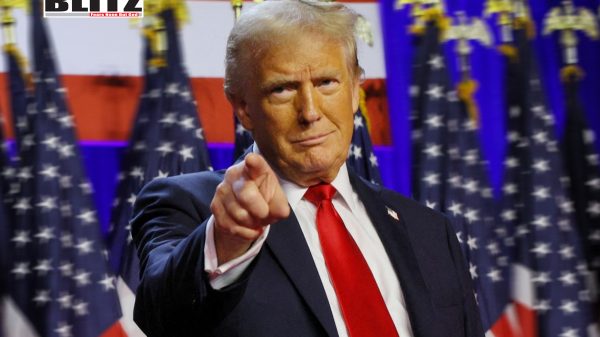
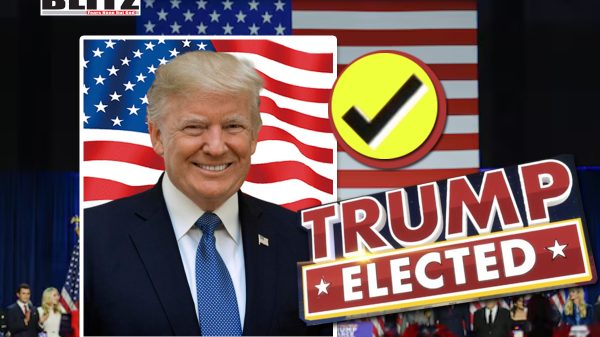
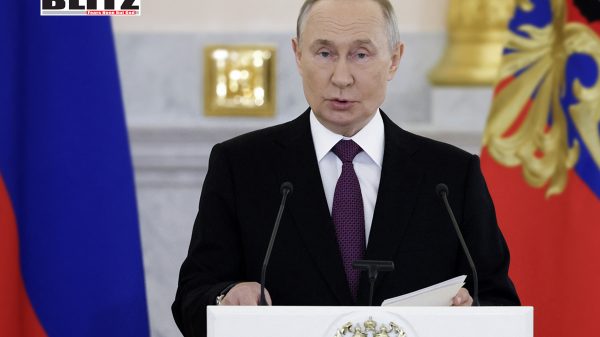

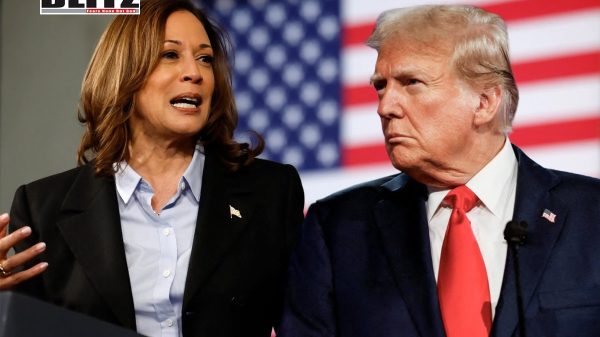
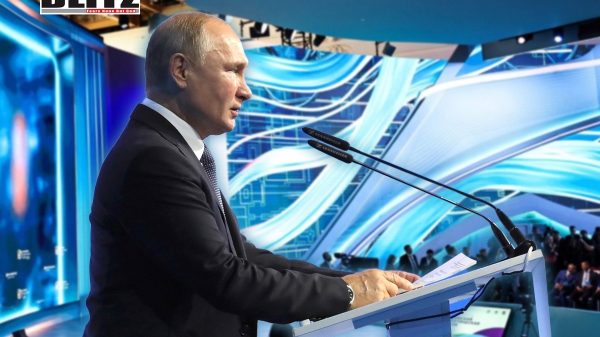
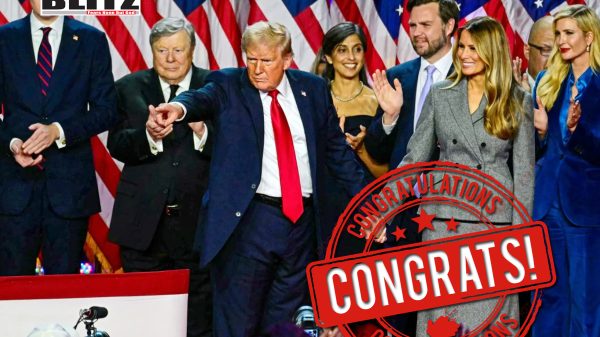
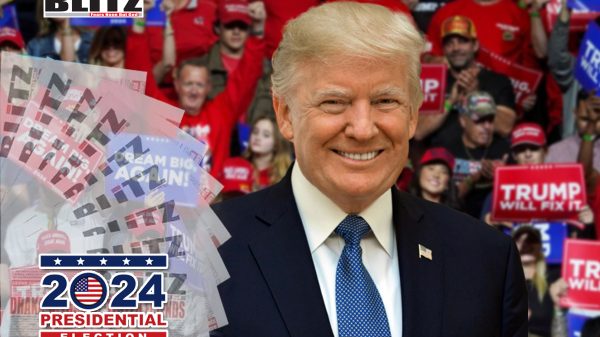
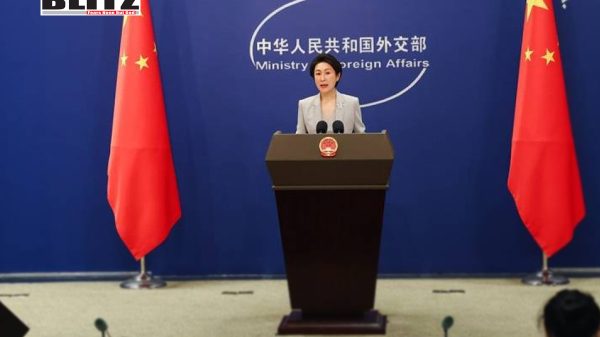
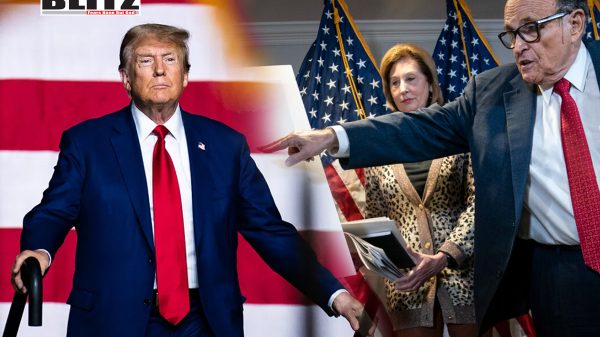
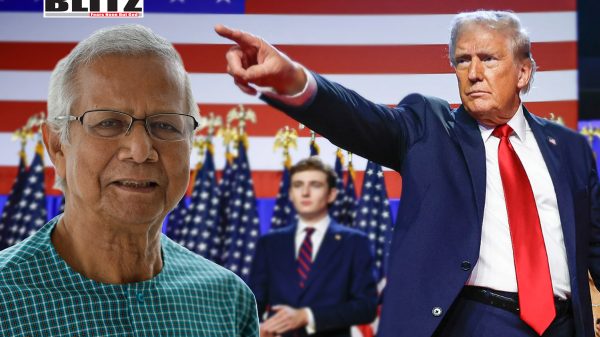
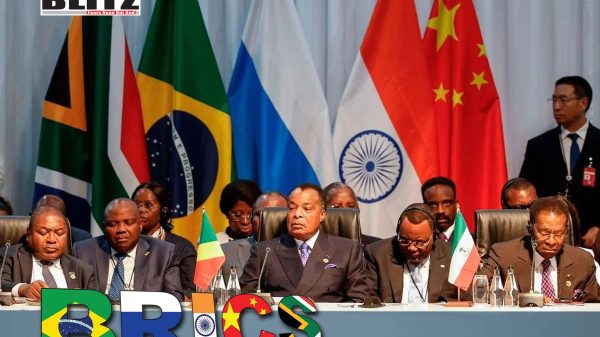

Leave a Reply